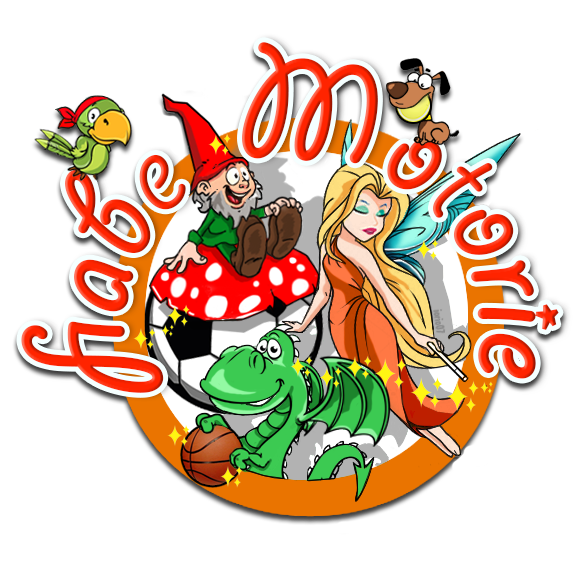Many play activities consist of interactive, physical peer-to-peer play, and imaginative, play pretend. Both forms offer a variety of benefits, including the assistance of building social skills, emotional control, memory and learning skills which can mitigate the symptoms of certain cognitive and behavioral disabilities. When children are free to play physically, they are able to learn their limits, make mistakes and release built-up energy to focus on academic tasks later on in the day. While playing with their imagination, children explore and build their memory recalling on relevant and familiar information from their lives.
The incorporation of play into curriculum and instructional design is a large component of early childhood education programs as it provides an opportunity to further develop the social domain. Play contributes to executive functions directly associated with social skills and social competence, therefore teachers also use play-based curricula to build social skills in children with atypical development, such as language delays, socially isolated students and those with disorders such as attention high deficit disorder and autism spectrum disorder [1].
As children play they strengthen their social competence by building awareness, exploration, and problem solving, and with individualized attention, and peer mediation – facilitated by the teacher- play can develop both communication and social skills for atypical students [1]. Those interventions include:
- Personalize play time with objects and topics of specific interest to the child, such as physical lessons based on their favorite bedtime stories and regularly used toys
- Prompt students to explore by verbalizing the labels of familiar items and encouraging them to discuss them with others, such as what the items symbolize, what sounds they make, etc. Students will also be encouraged to speak when they see others playing with toys that they are interested in.
- Prompt students to make connections with their play scenarios to real life experiences.
When children have effective communication skills and are aware of the social roles and social norms of their peers, they are less likely to be aggressive. They have more confidence in finding the appropriate way to react. Engaging in teacher mediated play both, interactive among peers and imaginative, maximizes the potential of building more than social competence, and builds many cognitive skills. Motor Fairy Tales is an interactive program that uses stories familiar to your children, encouraging skills that will last them a lifetime.
[1]. Dennis, L. R., Stockall, N., (2015). Using play to build the social competence of young children with language delays: Practical guidelines for teachers. Early Childhood Education Journal, 43, 1-7. DOI 10.1007/s10643-014-0638-5
Blog post written by Rabiyah Abdus-Salaam, MS Educational Research
Rabiyah Abdus-Salaam is an educational researcher. She focuses on cognitive development and how biological and external factors relate to the learning process in early childhood. Her goal is to use research on cognitive developmental neuroscience to inform public policy on education in public schools. She uses program evaluation tools and the science of learning to reduce racial and gender disparities in schools.
At ZWIFLY, Rabiyah expands her knowledge of cognitive developmental neuroscience research and developmental methods in partnership with the ZWIFLY Affiliate company Motor Fairytales based in Milan.



